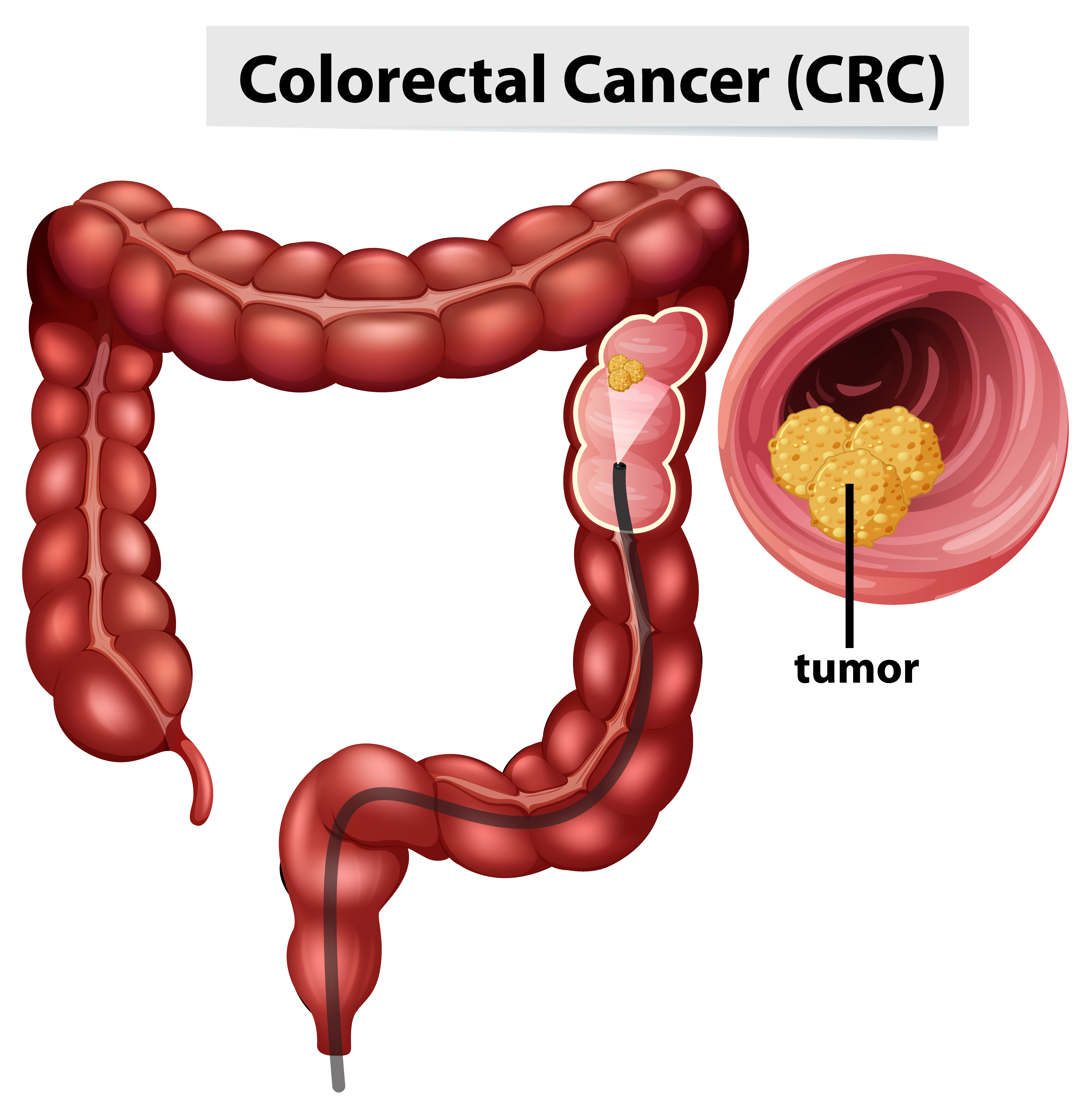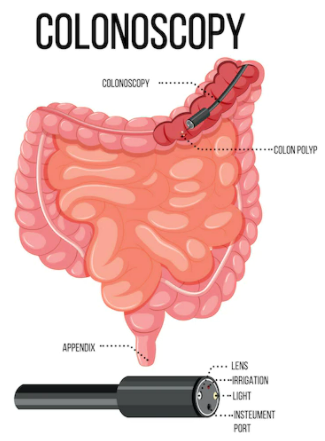

Colorectal cancer is a malignancy that affects the colon and rectum. There are various grades and stages of colorectal cancer according to its aggressiveness and spread to other organs.
The most recent cancer statistics in Malaysia have categorised colorectal cancer as the most common cancer in males and the second most common in females.
The incidence increases with age and males have a slightly higher risk of developing colorectal cancer. The incidence is highest among the Chinese for both sexes. Most colorectal cancers start as a growth on the inner lining of the colon or rectum. These growths are called polyps.
Some polyps can turn into cancer over time (usually many years), but not all polyps become cancer. The chance of a polyp turning into cancer depends on the type of polyp that is discovered during screening and pathological examination.
Adenomatous and serrated polyps have the potential to turn into cancer while hyperplastic polyps are benign with no malignant potential.
Most colorectal cancers are adenocarcinomas. When cancer develops from a polyp, it grows or penetrates the wall of the colon or rectum over time. The wall of the colon and rectum is made up of many layers akin to an onion.
Colorectal cancer begins in the innermost layer (the mucosa) and grows outwards through the layers. Cancer cells can grow into blood vessels or lymph vessels (tiny channels within the bowel) and thereafter can spread to nearby lymph nodes or other parts of the body.
A local invasion means the cancer has penetrated the bowel wall into neighbouring organs. An example is a cancer involving the sigmoid colon or rectum that has spread into the bladder. Distant spread relates to metastases to other organs such as the liver or lungs.

Many colorectal cancers are acquired gene mutations, meaning that they occur at a particular period during a person’s lifetime and are not passed on to their children.
Symptoms include:
Several risk factors may predispose one towards an increased risk of developing colorectal cancer.
Inherited syndromes – some gene mutations passed through the family causing inherited syndromes, such as familial adenomatous polyposis and Lynch syndrome
A family history of colon cancer must be noted. The risk of developing colorectal cancer increases if a blood relative has had the disease. The risk is even greater if more than one family member has had colorectal cancer.
Studies have shown that individuals with type 2 diabetes have a higher risk of developing colorectal cancer. Elevated insulin due to insulin resistance and hyperinsulinaemia, which occurs in the early stages of type 2 diabetes, has been hypothesised to partially explain the proposed type 2 diabetes and colorectal cancer association.
Another potential link between type 2 diabetes and cancer is hyperglycaemia, which can impair the effectiveness of the immune system.

Colonoscopy enables visual inspection of the entire large bowel from the distal rectum to the cecum. It remains the gold standard for the detection of polyps and colorectal cancer.
The technology for colonoscopy has evolved to provide a very clear image of the mucosa through a video camera attached to the end of the scope.
Colonoscopy plays an important role in colorectal cancer detection. It can also prevent the development of colorectal cancer as precancerous polyps can be removed during the same examination when they are discovered.
Beginning at age 50, both men and women at average risk of developing colorectal cancer should have a colonoscopy.
Men and women should begin screening earlier and more often if they have a family history of colorectal cancer or polyps, a known family history of inherited colorectal cancer syndromes or a history of Crohn’s Disease.
Eat a healthy and balanced diet. Consume freshly prepared food with an emphasis on fruits, vegetables, and whole grains. Avoid red meat, processed food, and overconsumption of charred or barbecued meat.
Also:
Consult your family doctor or a specialist if you have any symptoms suggestive of colorectal cancer
Written by
Datuk Dr Yunus Gul Bin Alif Gul
Consultant General & Colorectal Surgeon
Gleneagles Hospital Kuala Lumpur

Wait a minute

Wait a minute